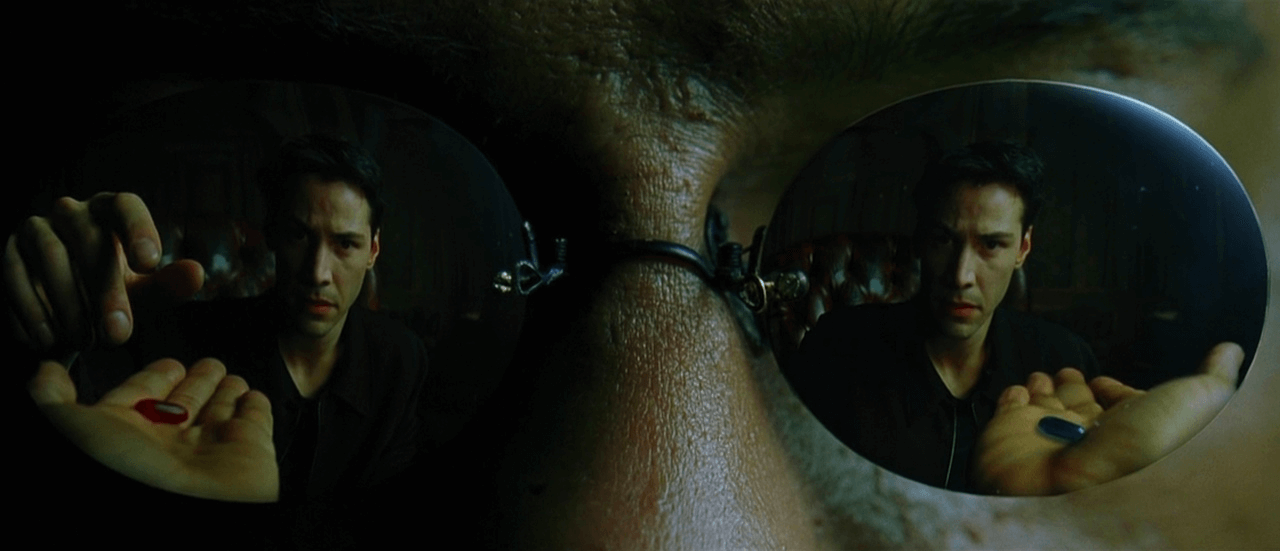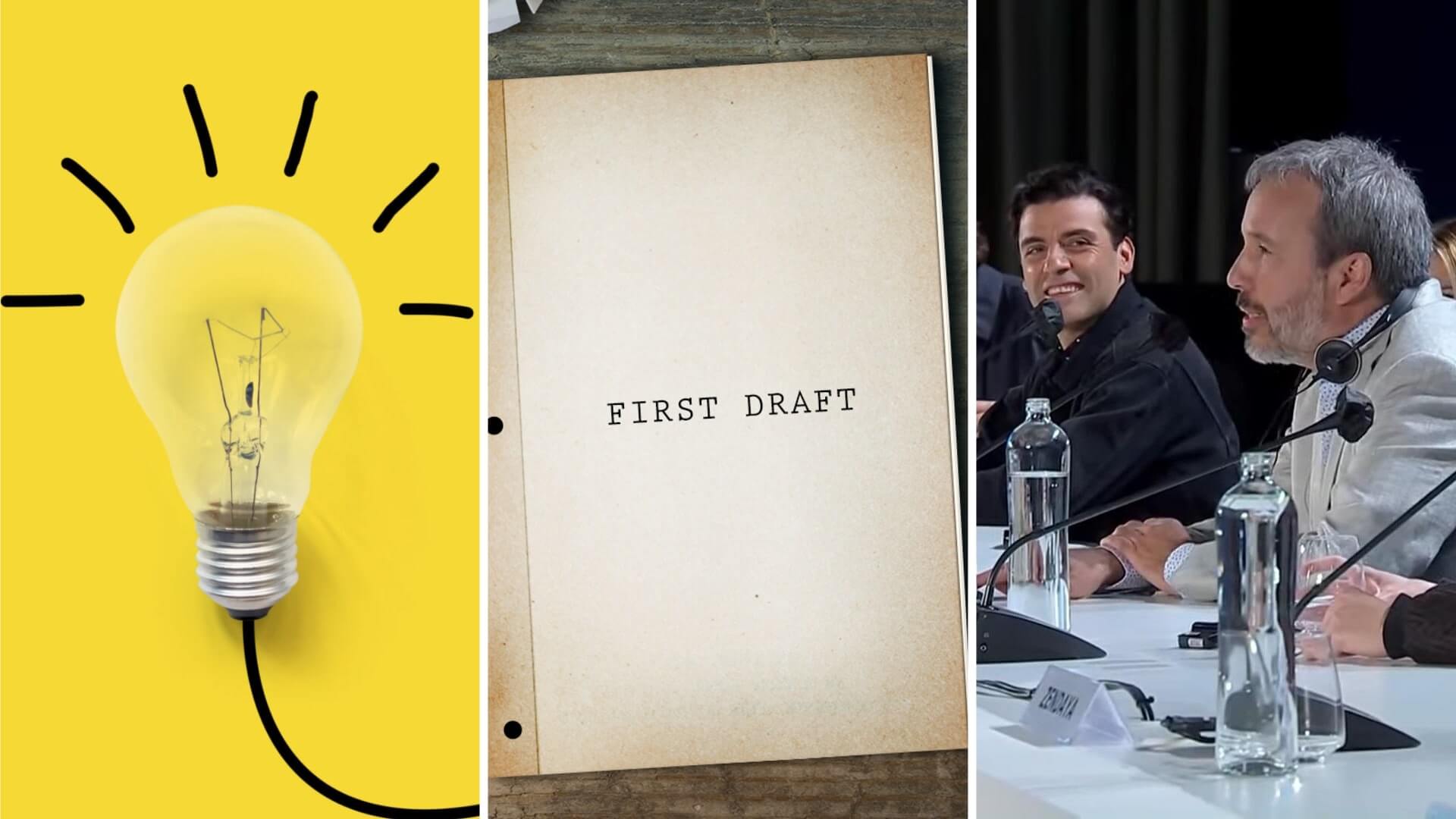Picture this. You’re an aspiring screenwriter with a story idea, maybe even a script. You get into an elevator and see a well known movie producer. You chat, you say you’re a screenwriter, and they ask if you have anything you’re working on. You have three more floors to pitch your story idea. What do you say? This is where having a clear and precise premise is necessary. Let’s look at the premise definition as well as a few examples to understand how to make our own.
What is a Premise in Storytelling
First, let’s define premise
Knowing your story’s premise is not only important for an elevator pitch, but also for creating a sustainable engine for your story. Let’s take a look at the premise definition in film and television.
PREMISE DEFINITION
What is a premise of a story?
A premise is the central concept of a story expressed as simply as possible. A good premise combines a story’s central character, their motivation or goal, the world, and the obstacles they face within one to two sentences. A good premise presents the main ideas of a story while also creating curiosity to learn more about the story.
What is a premise of a story made of?
- Central character(s)
- Goal/motivation
- Obstacle
- World/genre
How to Create the Premise of a Story
How to create the premise of a story
Writing a story begins with a premise. And to create a premise, you must first ask yourself some fundamental questions.
What if? What if this situation happened to this character? The what if questions are a way to brainstorm different circumstances that can lead to a premise and eventually a story.
For example you might ask what if a teenage boy was able to time travel? What if time was the currency of the future? What if there was another rockstar phenomenon in the '60s? Here is a great video by Film Courage on six essential questions to ask yourself when creating a story and a premise.
If You Can't Answer These 6 Questions You Don't Have A Story • Premise Writing
Why am I writing this story? A great premise comes from a unique perspective and a genuine curiosity. Ask yourself what about the ideas you’re exploring excites you. What entices your curiosity the most and why?
Why will the audience care? Once you figure out what a story idea connects with you, find a way it connects to audiences. In many ways, storytelling is about the exploration of the human experience.
What facet of the human experience does your story revolve around? This will tie into your premise and make it matter to an audience.
Related Posts
What Does Premise Mean in Film and Writing?
Premise examples in cinema
To understand what a premise of a movie is, let’s take a look at a few premise examples from various film genres.
The Matrix
In a dystopian future where humanity is unknowingly trapped inside a simulated reality, Neo is led out of the simulation and invited to join the war against intelligent machines that harvest humans as an energy source.

The Matrix • Premise examples
Before Sunrise
After a chance encounter on a train, two travelers decide to spend one night together wandering around Vienna until sunrise. The two find themselves falling for each other and parting ways becomes a difficult task.

Before Sunrise • What is a Premise of a Story
John Wick
John Wick, a former infamous assassin, hunts those who took his prized car and killed his dog, the last gift he received from his recently passed wife.

John Wick • Premise examples
Pineapple Express
After witnessing a corrupt cop and drug baron commit a murder, process server and stoner Dale must flee to safety with the help of his drug dealer Saul.

Pineapple Express • What is a Premise of a Story in Film?
As you can see, it does not matter what genre you are writing in. A premise is an integral part of a well told story. If a story cannot be summarized in an engaging and interesting premise, it may need some work to further focus and tighten the story.
A premise of a story is important to create for multiple reasons. A promise can be used to pitch your story in an efficient and enticing way when necessary. Creating a premise is also a great tool to gauge whether or not the foundational components of a story are present in your concept.
Up Next
What is a Film Treatment?
Once you’re happy with the premise you’ve created, a natural next step might be to write a film treatment. What is a film treatment and how should you go about writing one? Check out our next article to learn more.
